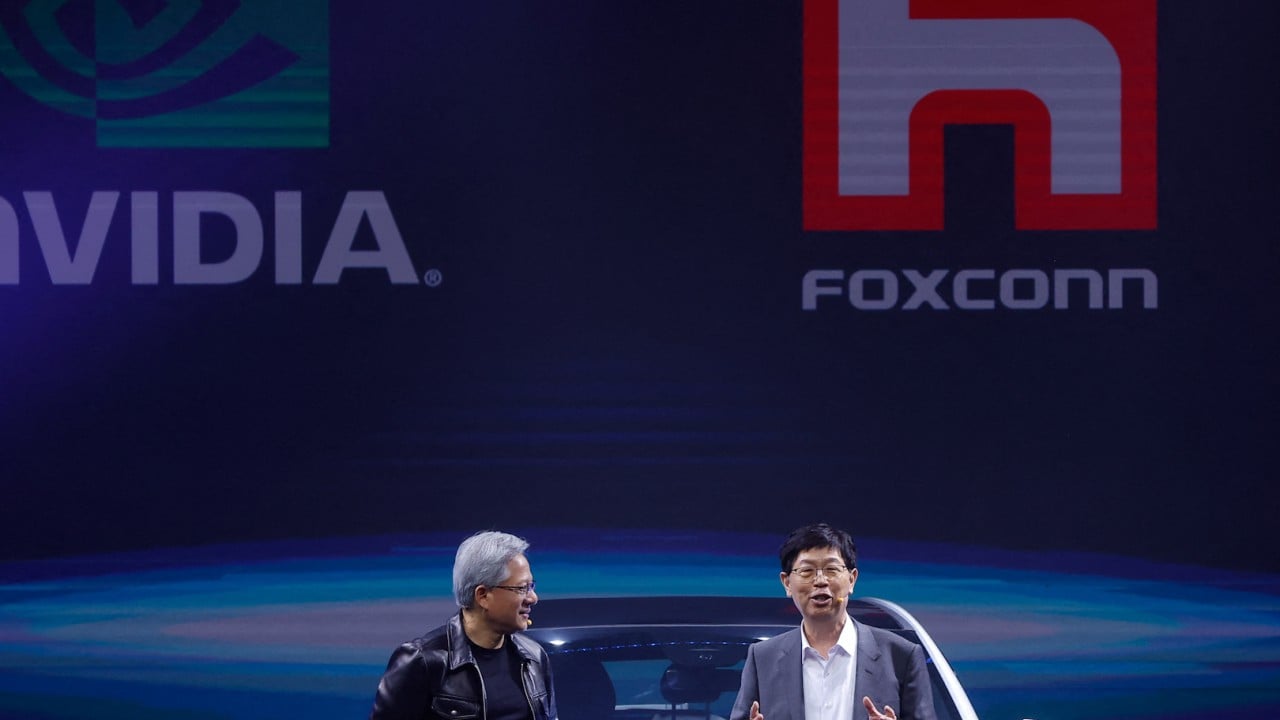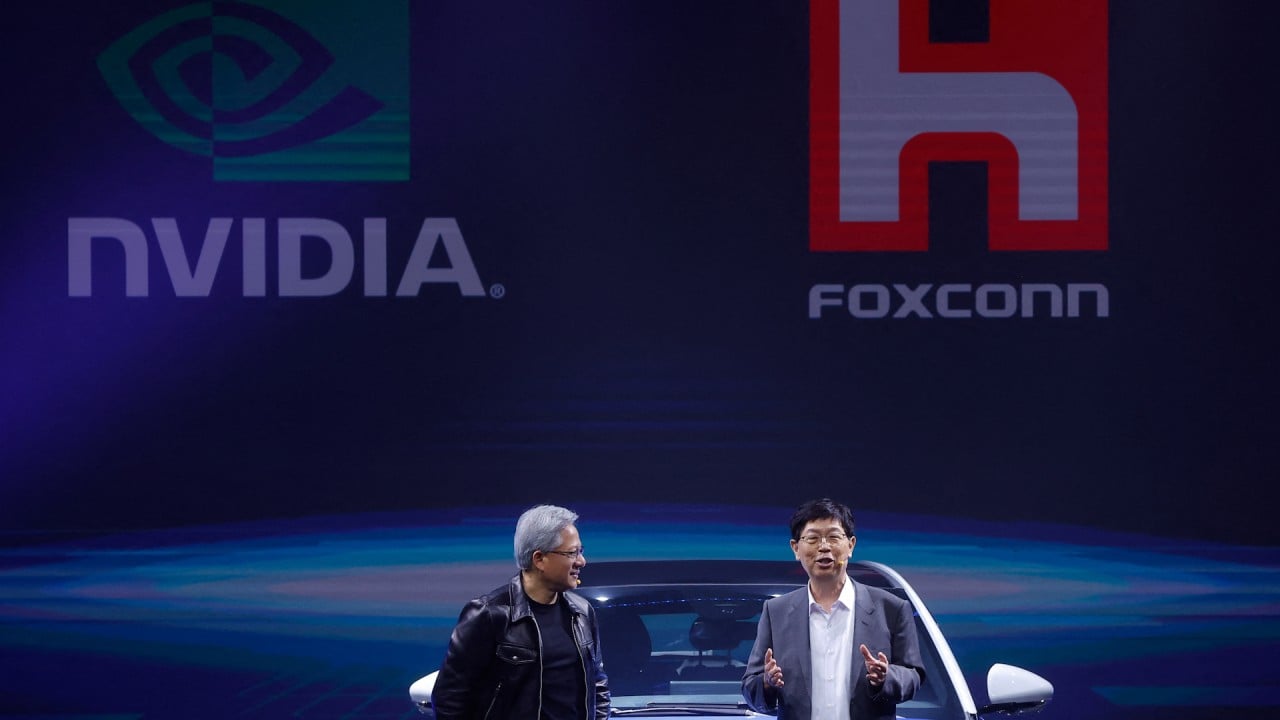Beijing to push subsidies for local firms to buy China-made chips to shore up city’s computing infrastructure
Beijing’s municipal government has unveiled a scheme to subsidise local enterprises’ acquisition of Chinese-made semiconductors to bolster the city’s computing resources, as the nation pushes forward its artificial intelligence (AI) initiatives in spite of US export controls on advanced chips.
In a draft policy document published on Wednesday, the Beijing Municipal Bureau of Economy and Information Technology said the city will provide an undisclosed amount of subsidies to help local firms buy graphics processing units (GPUs) made by domestic manufacturers to “expedite the supply of controllable intelligent computing resources”.
The amount of subsidy provided to firms will be in proportion to the investment needed to build computing services, according to the draft, which did not specify how such projects would be measured.
“By 2027, [Beijing] will achieve self-sufficiency over smart computing infrastructure … with overall performance on par with leading domestic standards”, the draft said.

The draft policy’s focus on domestic-designed and manufactured GPUs – the preferred chips used in data centres for AI development projects that require high-performance systems – shows how mainland authorities are scrambling to build up computing resources in spite of US tech restrictions.
The Biden administration on April 4 rolled out revisions in sweeping export controls it implemented last October, making it harder for mainland Chinese enterprises to have access to advanced AI processors, semiconductor-manufacturing equipment and even laptop computers built with those chips.
US trade sanctions prevent Nvidia from exporting to China its advanced GPUs, such as the A100 and H100, which have become sought-after components for training AI systems. Its A800 and H800 GPUs, developed as workarounds for Chinese clients, were blocked by updated US controls last October, resulting in new alternatives such as the H20.
Mainland Chinese universities and research institutes have recently obtained high-end Nvidia AI chips through resellers, despite Washington’s widening ban on the sale of such technology to the country, according to Reuters report on Tuesday.
Beijing’s smart computing initiative is expected to support the training of both general and industry-specific large language models (LLMs), according to the draft. LLMs are the technology behind ChatGPT and other generative AI services.
The municipal government’s programme also aims to step up research and development of core technologies such as AI processors, operating systems and databases that are relevant to training AI systems. It is also seeking breakthroughs in new areas, including silicon photonics and quantum computing chips, which are not currently dominated by any company.
Home to more than half of Chinese-developed LLMs, Beijing has been pushing various initiatives to strengthen its computing capacity for local enterprises. In December, Beijing launched a public computing platform to support AI development projects and alleviate the “acute shortage of computing power” faced by the city’s tertiary institutions, research facilities, and small and medium-sized enterprises.



